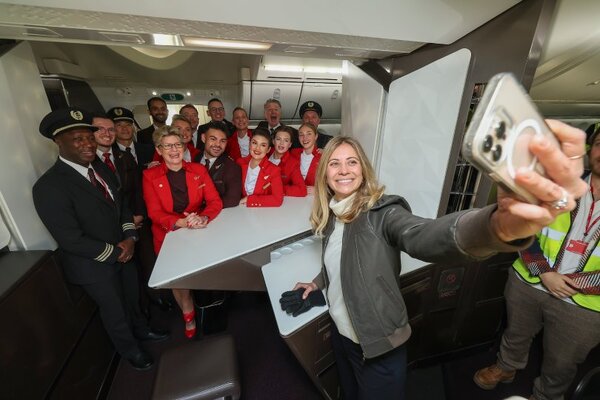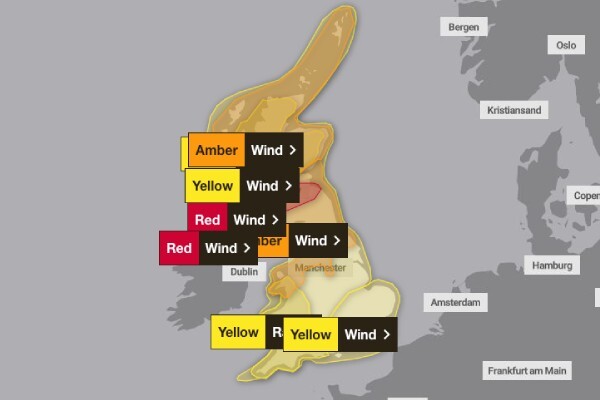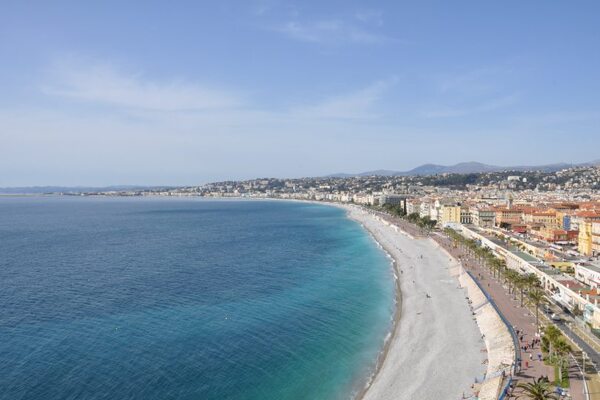'Flight 100 proved SAF's readiness, not necessarily its long-term viability'
The atmosphere onboard VS100 was celebratory as Virgin Atlantic played host to a world-first in the air. Minor turbulence aside, the flight from Heathrow to New York JFK was smooth and sociable.
Settling into my seat above the wing the sustainable aviation fuel, or SAF, was being pumped into, any safety concerns I had about the concept of flying across the Atlantic on a flight powered by fuel made from waste cooking oils was quickly allayed by laughter at the jokes about smells of chip fat and kebab wafting through the cabin.
Jokes aside, while Virgin Atlantic’s “if you can make it, we can fly it” mantra has certainly been underscored, perhaps less certain still is can we make it in sufficient quantity – and should we fly it?
It’s easy to be critical of VS100, the first long-haul flight to be powered fully by SAF, and there was no shortage of commentators branding it a “publicity stunt”.
There was, of course, huge media outreach, and TTG was one of the participants. But flight VS100 undoubtedly served its purpose – to prove 100% SAF-fuelled long-haul flight is possible, and to communicate it on a global scale to incite demand and stimulate production.
The fact the fuel powering VS100 had to be shipped from the US and Europe to the UK, and the fact the flight itself was less than half full, cannot – rightly – be ignored. But when you take the flight for what it was broadly touted as – a proof of concept – one can’t help but feel it did move the dial.
Flying less is the only sure-fire way to reduce emissions from aviation simply and quickly. But being part of an industry that exists to broaden our horizons and those of the people and communities we connect with in the wider world, are we ready to take that leap?
To borrow a turn of phrase from one of those TTG spoke to onboard, we have a choice of waiting for perfection, which is acknowledged will take decades – almost certainly beyond this writer’s lifetime – or making progress now. SAF is one way to progress, perhaps the most viable option right now, but is not – and should not be seen as – the final fix.
Virgin Atlantic’s answer to the statement “sustainable flight is too difficult” was simply, “challenge accepted”.
Landing successfully after just over seven hours in the air, it was clear the airline felt it had delivered. Though the word “more” was missing from that statement, and “sustainable flight” should not be treated as an absolute in this instance, VS100 was one very public act by an industry signalling its intentions.
Sarah Dennis is TTG Media’s interim editor, and joined the flight from Heathrow to New York JFK on 28 November.
Sign up for weekday travel news and analysis straight to your inbox

Sarah Dennis
Supplier Directory
Find contacts for 260+ travel suppliers. Type name, company or destination.












